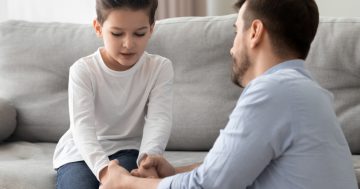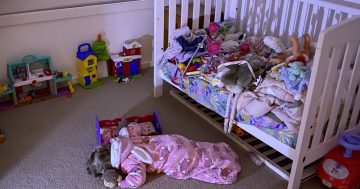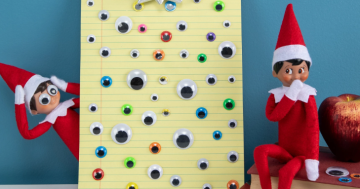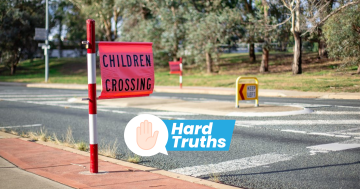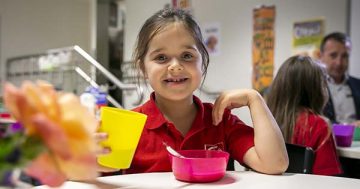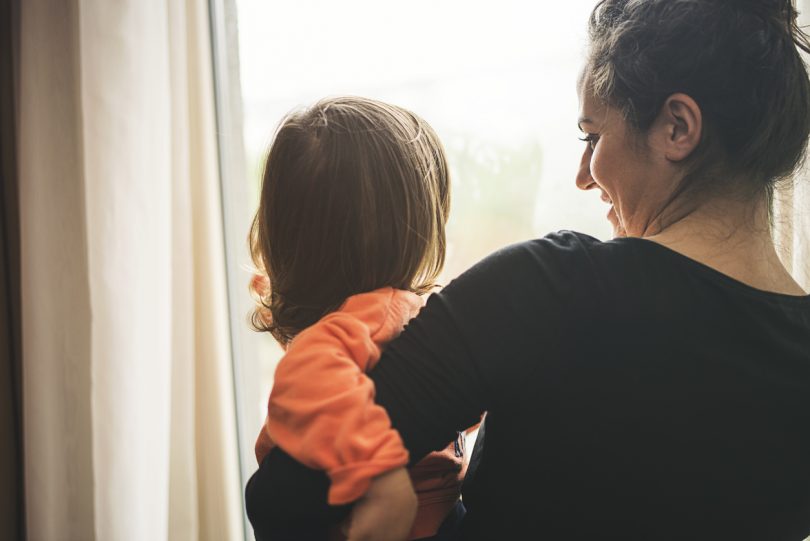
Parenting can be isolating enough without physical isolation. Photo: Supplied.
With COVID-19 regulations enforced and daycares and schools reducing their capacity or closing, parents are finding themselves with a triple-whammy situation – being expected to work from home, parent full-time and deliver lessons to school-age kids.
“It’s literally doing three jobs at the same time: working, parenting and trying to teach,” says Bemboka mum Paula Mathewson.
While many people are enjoying taking a break from busy routines and making the most of much-needed time to connect with their kids, some parents are (understandably) only just holding it together and report feeling anxious about being home.
Part of the problem could be that the parenting styles and techniques we have developed for modern life are not suited to the situation we now find ourselves in.
We hear all the time from our parents’ generation that kids were expected to play unsupervised for most of the day so mum could keep the household running. But as parents shifted towards full-time work, the amount of time we spend with our kids is often limited to a few hours a day so we make the most of that time – playing with them, saying yes and prioritising their needs.
As a result, many kids don’t discover boundaries until they reach school age. Skills which require consistency, such as learning to use the toilet, are often learnt at daycare.
While the modern system kind of works, any parent can tell you of times they felt trapped and alone. The physical isolation we’re experiencing now only amplifies these feelings.
A mum at my kid’s school in Bega, Sofia Elek, put it into words: “Don’t forget the parents for who this situation further entrenches feelings of worthlessness. Yet more hours in which to fail.”
The burden is especially great for single-adult households. Vicki Goldsmith, who lives in Bega with her three teenage kids, says she doesn’t feel good about leaving them alone when she goes to work.
“I don’t like them being unsupervised because they end up on screens all day,” she says. “But it’s also an opportunity for them to self-regulate and practice responsibility.”
We didn’t evolve to parent alone and many of us are feeling the loss of contact with grandparents and community assets such as playgroups, libraries, playgrounds and, especially, the institutions we hand our kids over to, that enable us to take a breath, complete a task and do some much-needed physical and mental self-care.
Merimbula mother Keziah Muthsam is finding the experience is giving her a new appreciation for her children’s teachers.
“It’s a lot more difficult than I ever imagined,” she says. “With four kids, one in year 3, one in year 2 and one in kinder, plus a two-year-old and working, I have never felt so overwhelmed.”
Many parents have told me they feel at a loss when a child refuses to do schoolwork, and that they don’t have the authority to ensure the work gets done, even though their teachers say they comply at school.
Parents who see their kids for a few hours every day are going to parent differently to those doing it full-time.
Being a playmate is not sustainable all day, especially while trying to work and run a household. Neither is serving your kids every meal and cleaning up afterwards, unless they are infants.
Obviously, there is going to be some fallout with the current situation. Parents, go easy on yourselves as you reset your boundaries with your kids. It’s emotionally impossible to parent the way we have been for three hours a day, for 24 hours a day.
To survive this time, we might need to channel the 1950s and expect that kids will pitch in on household tasks and tell them, “Go outside and don’t come back until dinnertime.”
They might be upset, resistant and tell us numerous times that it is unfair and that they are bored. But hold steady, you are doing a great job.
Remember you are not alone so talk to a fellow parent every day (from a distance, of course).
Our kids are more resilient than we think – as are we!
Original Article published by Elka Wood on About Regional.












